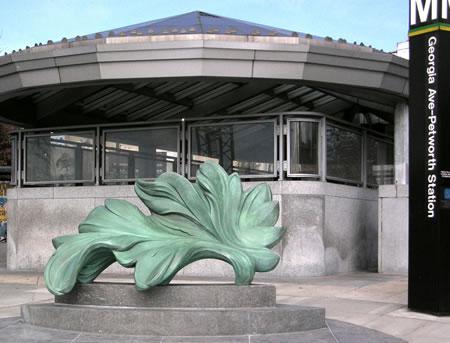In this season of falling leaves, here’s a parable by my father about an “existentialist leaf.” The poem pokes fun at people who agonize about free will.
I recall a lot of such agonizing in the 1960s as intellectuals quoted French writers like Sartre (The Flies), Camus (The Stranger), Beckett (Waiting for Godot), and Anouilh (Antigone). Erich Fromm wrote a book, Escape from Freedom, in which he explored why people found freedom so threatening, and I regularly encountered references to the Grand Inquisitor’s speech in Dostoevsky’s Brothers Karamazov where he asserts that humans hate being free.
In retrospect, the concern seems somewhat precious, as though our open and prosperous society needed something to worry about. Ask imprisoned dissidents around the world what they think of freedom. Ask Malala Yousafzai, the Pakistani girl shot by the Taliban, if she’d like to go to school.
In this poem, the final fate of the leaf puts its earlier complaints in perspective. If the inevitable end is the leaf pile, treasure your freedom while you can still exercise it.
The Existentialist Leaf
By Scott Bates
An existentialist Leaf
Who had burst from a branch
By reason of season
And sap circumstance
Was released by a powerful
Wind from the tree
Help screamed the Leaf
I’m condemned to be fgree
After dropping him in a
Petunia bed
You’re wrong said the Wind
You’re condemned to be dead
And here’s a more positive poem about falling leaves, this one by Lucille Clifton, on the need to let go. Rather that agonizing about being free, Clifton’s leaves trust in the universe as they launch themselves into the unknown. As a very protective mother, Clifton may be writing this poem as much to herself as to others: she needs to let go of her children if they are go grow.
the lesson of the falling leaves
the leaves believe
such letting go is love
such love is faith
such faith is grace
such grace is god
i agree with the leaves
A note on the artist: I have a story about Clifton’s poem that involves the art work above. The artist, Lisa Scheer, is one of my colleagues and she was inspired by Lucille’s poem (Lucille, at the time, was teaching at our school) to create herpublic sculpture. All seemed in order except, at the last moment, she learned that the poem was not acceptable because it mentions God. She therefore had to settle for the following poem by E. Ethelbert Miller:
every leaf surrenders to air
we dance
we flutter
we touch the earth
